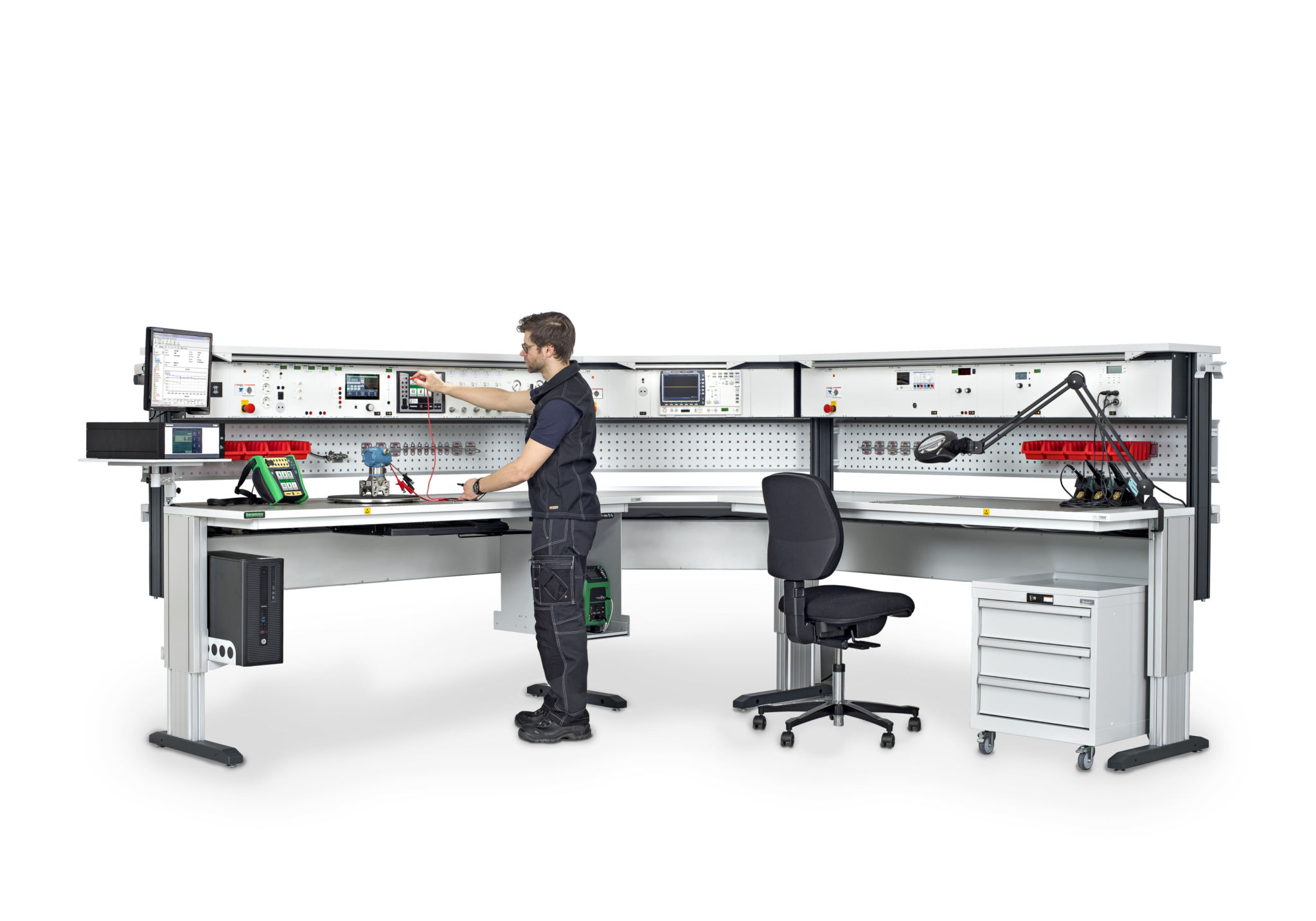A calibration curve is a graphical illustration that represents the relationship between a known, accurate input and the measured output of an instrument, thereby visually depicting calibration results.
Calibration curves are typically constructed by measuring a known value of a process variable, then plotting the measured value against the true value. The resultant curve can then be utilized to correct measurement errors by adjusting the measured value, ensuring it aligns more closely with the true, or known, value.
Calibration curves find utility across a myriad of process industries, such as oil and gas, chemical processing, food and beverage processing, power generation, and environmental monitoring. For example, in the case of a pressure transmitter, the calibration curve illustrates the relationship between the actual applied pressure (x-axis) and the corresponding electrical output, like current (y-axis), from the device. Technicians utilize this curve to verify and adjust the transmitter’s output, ensuring it aligns with specified standards and provides accurate readings under various process conditions.
Calibration management software, such as Beamex LOGiCAL or Beamex CMX, can automatically generate the calibration curve from the calibration results, streamlining the calibration process and enhancing data accuracy and reliability.
While the above context pertains to process instrument calibration, it’s noteworthy that calibration curves also find significant application in analytical chemistry, albeit for a different purpose. Here, calibration curves are utilized to ascertain the concentration of an unknown substance by measuring the instrument’s response to a series of known concentrations of that substance. Subsequently, the derived calibration curve is employed to determine the concentration of the unknown substance by measuring its response and juxtaposing it with the curve.
